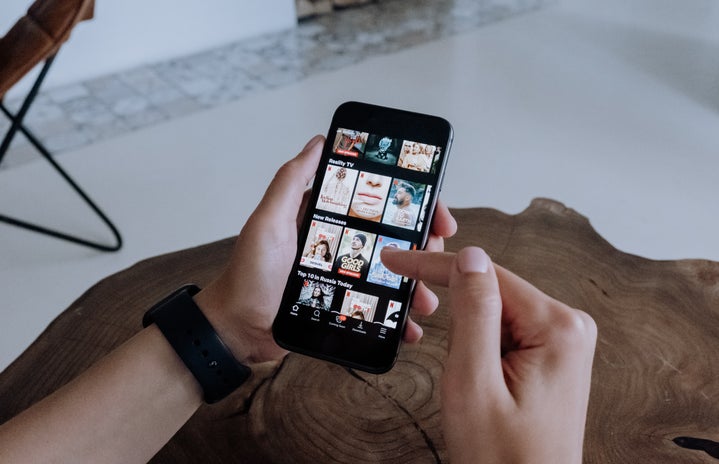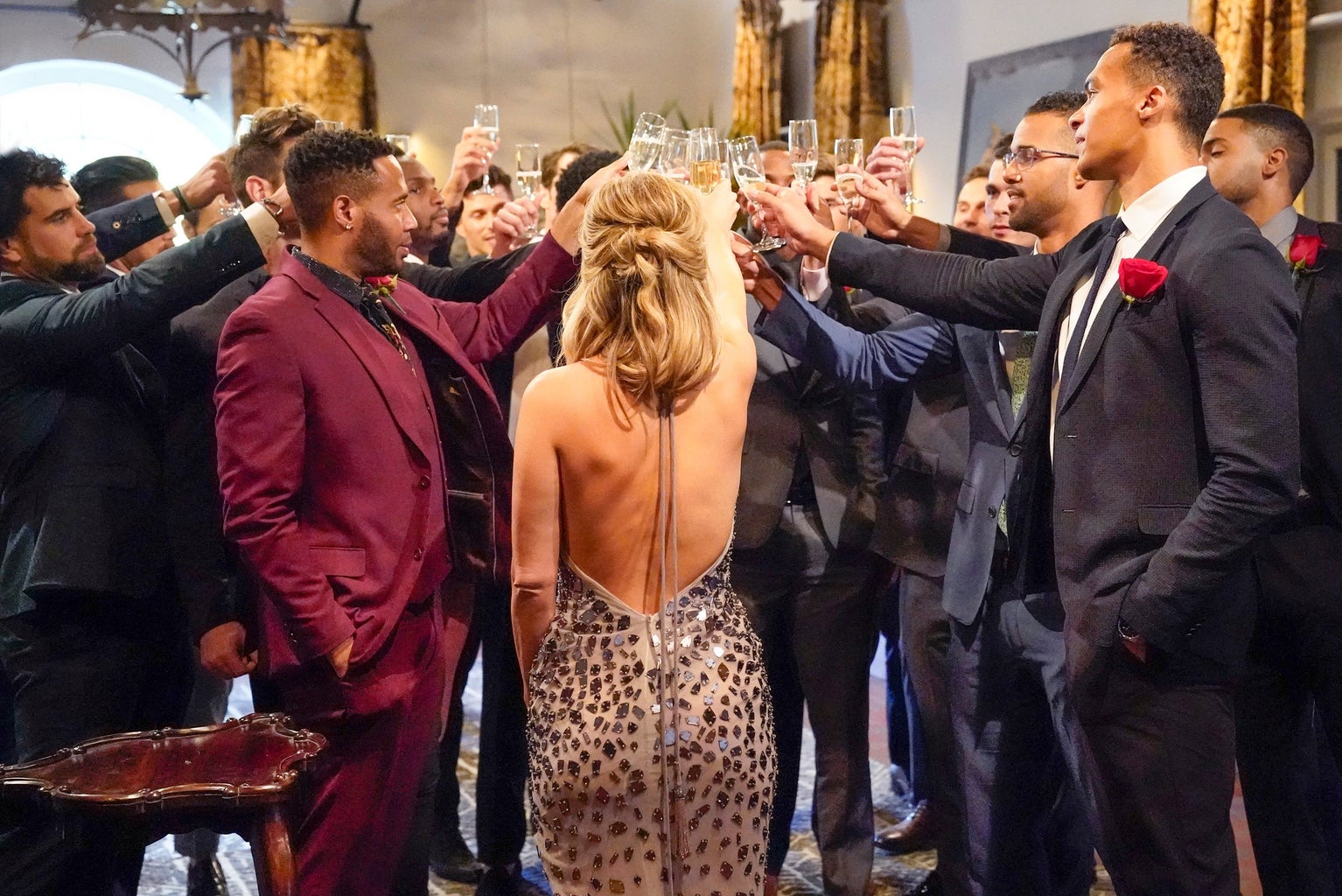This past week, Love Island has had a big presence in my apartment. I’ve been rewatching the show through the eyes of my roommates and boyfriend, who are following it for the first time, and wow, was I surprised at the emotions it was invoking in me. The emotional investment I felt for these strangers on the screen was baffling, yet I was so into it, and so were my friends. But why?
In recent years, there has been an absolute explosion of reality TV shows, particularly those centered on dating or love. Though franchises like The Bachelor and Love Island have been around forever, their concept has inspired an innumerable number of new shows and spin-offs, creating a whirlwind scene in media and on screens everywhere. There have been so many new show launches that the real competition is to create an original dating show idea to increase profit. I can admit my guilt in having these shows present on my phone or TV and becoming part of the huge fan base following a particular season week by week.
But as I look back at older seasons, I’ve noticed a shift in the narrative of these shows. Reality TV has built a reputation of being “fake,” “scripted,” or “overdramatized,” but it’s the viewership and capitalist tendencies that have caused this change. Dating shows are no longer about authentic and genuine connections but about who can become the biggest personality and win the prize, and fame. Why offer a prize for love or a dating show if you want connections to be actually genuine?
This summer, perhaps the biggest and most influential season of any dating show yet made its debut: Love Island USA Season Six. Love Island follows Islanders in their villa in a tropical location as they attempt to find a strong connection while resisting temptations like “bombshells” or “recouplings.” The tension and drama caused by weekly competitions make for really great TV, but what effect is it having on those obsessed with watching them?
Fan responses to dramatic twists and turns encourage toxic behavior and competition or conflict in the building of new relationships throughout the show. The introduction of new bombshells and recouplings leads to a culture of body-hopping and feeling the need to “test” a strong and stable relationship just because it’s “what you’re supposed to do” on Love Island. These islanders are encouraged to emotionally manipulate each other until everyone is upset, angry, or turning on each other.
I can’t help but think about how the resurgence of these dating shows that embody toxic connections and friendships is affecting real-life relationships. It’s frightening to think that some people will compare these edited passion-filled but unhealthy relationships with their own; or worse, that the idea of “testing” a connection to find out how strong it is, is legitimate. I love reality TV, and I won’t pretend I didn’t follow the most recent Love Island season closely, but maybe it’s important to keep those behaviors on the screen and remind ourselves that’s not how real life works.



